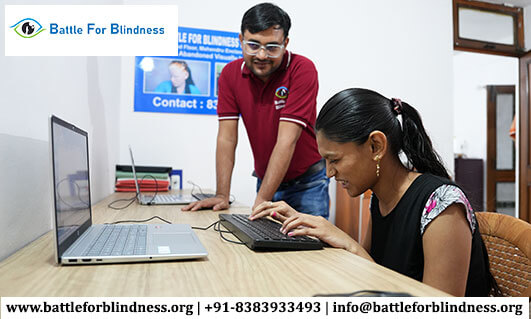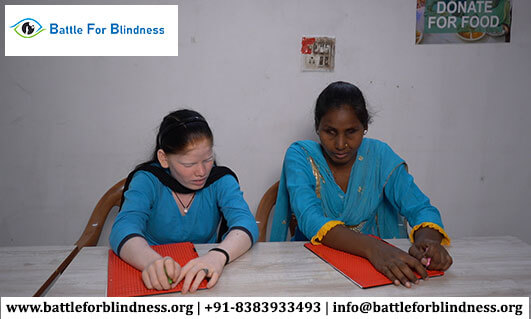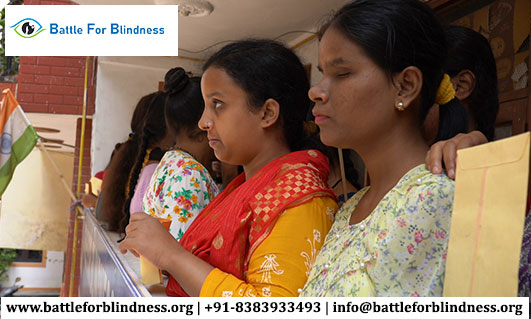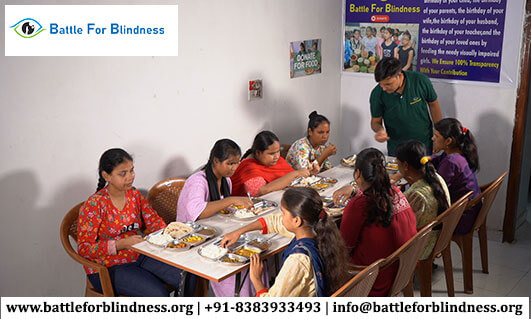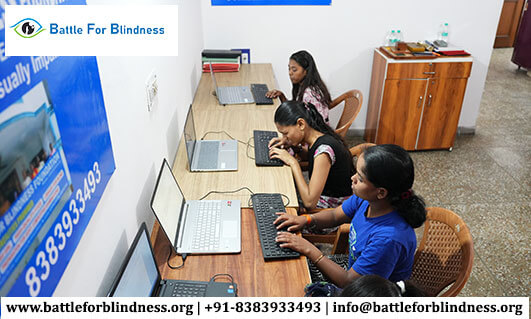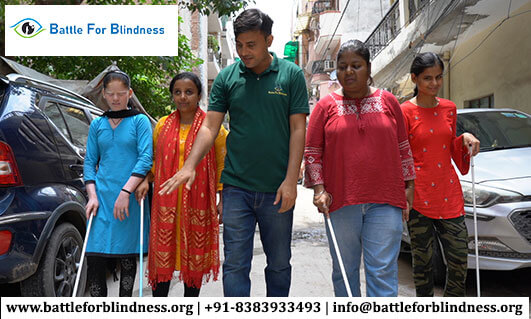In a world that largely relies on visual information, individuals with visual impairments face unique challenges in acquiring literacy skills. Braille, a tactile reading and writing system, has long been an invaluable tool for promoting literacy among blind and visually impaired individuals. This blog explores the significance of braille literacy and highlights some of the essential learning resources available to support the education and empowerment of individuals with visual impairments.
Understanding Braille:
Braille is a system of raised dots arranged in cells that represent letters, numbers, punctuation marks, and even musical notations. It was developed in the early 19th century by Louis Braille, a blind Frenchman, and has since become the primary means of literacy for blind individuals worldwide. Learning braille enables individuals to read and write independently, fostering communication, education, and integration into society.
Importance of Braille Literacy:
Braille literacy plays a pivotal role in the overall development and independence of visually impaired individuals. Here are some key reasons why braille literacy is vital:
- Access to Information: Braille provides blind individuals with direct access to written information, whether it’s books, documents, or electronic content. By being able to read braille, individuals can explore a wide range of knowledge and enhance their educational and personal growth.
- Communication and Social Interaction: Proficiency in braille allows individuals to communicate effectively with others through written correspondence. It enables them to participate in various forms of written communication, such as letters, emails, and social media, fostering social connections and inclusion.
- Employment Opportunities: Braille literacy opens up a world of career possibilities for individuals with visual impairments. Many jobs require reading and writing skills, and braille proficiency enables blind individuals to compete on an equal footing with their sighted peers.
Learning Resources for Braille Literacy:
Fortunately, there is a wealth of resources available to support braille literacy and empower blind individuals in their educational journeys. Here are a few notable ones:
- Braille Books and Libraries: Many libraries and organizations offer a vast collection of braille books, including classics, textbooks, and popular literature. These resources enable blind readers to explore a wide range of subjects and genres, enhancing their literacy skills.
- Braille Writing Tools: Learning to write braille is as crucial as reading it. Braille writing tools, such as slate and stylus, braille typewriters, and refreshable braille displays, facilitate the practice of writing in braille and reinforce literacy skills.
- Assistive Technologies: Technological advancements have revolutionized access to braille. Refreshable braille displays connected to computers and mobile devices allow blind individuals to read digital content in braille. Screen readers with braille output provide an auditory and tactile interface for accessing electronic information.
- Braille Instruction and Training: Specialized institutions and educators offer braille instruction and training programs to individuals of all ages. These programs focus on teaching braille reading and writing skills, ensuring that blind individuals receive proper education and support.
- Online Communities and Forums: Online communities and forums dedicated to braille literacy create spaces where blind individuals can connect, share resources, and seek advice. These platforms foster a sense of community, provide peer support, and facilitate knowledge exchange.
Conclusion:
Braille literacy is a fundamental aspect of empowering blind and visually impaired individuals. By acquiring braille skills, individuals gain access to information, enhance their communication abilities, and unlock numerous educational and employment opportunities. With the availability of various learning resources, including braille books, writing tools, assistive technologies, instructional programs, and online communities, braille literacy is more accessible than ever before. Promoting braille literacy and ensuring its continued development remains crucial in creating an inclusive society that values and supports the educational aspirations of all individuals, regardless of their visual abilities.
